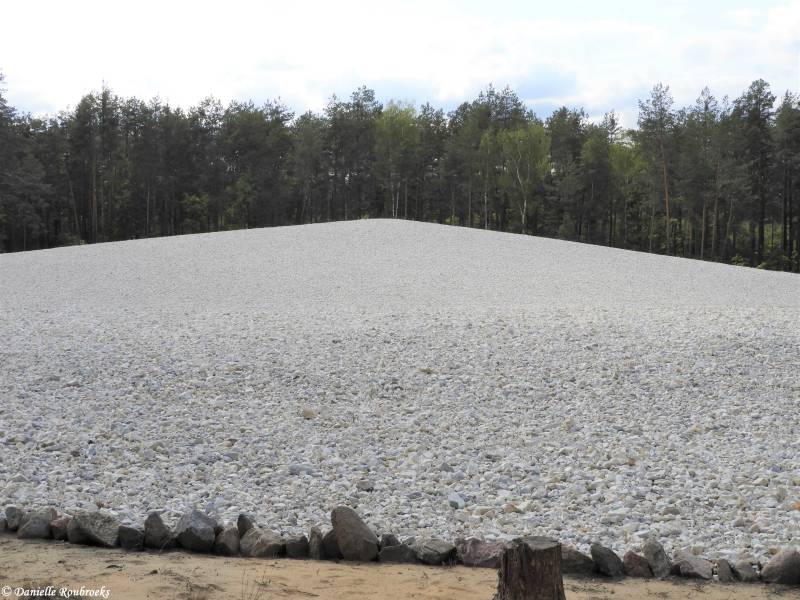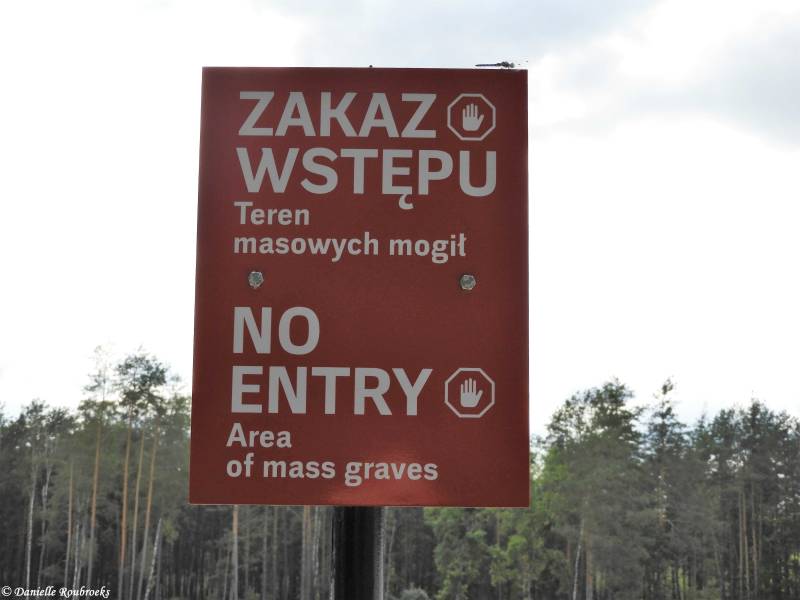Sobibor Extermination Camp
Sobibór was a Nazi German extermination camp built and operated by the SS near the railway station of Sobibór during World War II, within the semi-colonial territory of General Government of the occupied Second Polish Republic. The camp was part of the secretive Operation Reinhard, which marked the deadliest phase of the Holocaust in German-occupied Poland. The camp was situated near the rural county's major town of Włodawa (called Wolzek by the Germans), 85 km south of the provincial capital, Brest-on-the-Bug (Brześć nad Bugiem in Polish). Its official German name was SS-Sonderkommando Sobibór. Jews from Poland, France, Germany, the Netherlands, Czechoslovakia and the Soviet Union (including Jewish-Soviet POWs), were transported to Sobibór by rail. Most were suffocated in gas chambers fed by the exhaust of a large petrol engine. Up to 200,000 people were murdered at Sobibór and possibly more. At the postwar trial against the former SS personnel of Sobibór, held in Hagen two decades into the Cold War, Professor Wolfgang Scheffler estimated the number of murdered Jews totalled a minimum of 250,000. This would make it the fourth worst extermination camp, after Bełżec, Treblinka, and Auschwitz.
During the revolt of 14 October 1943, about 600 prisoners tried to escape; about half succeeded in crossing the fence, of whom around 50 evaded capture. Shortly after the revolt, the Germans closed the camp, bulldozed the earth, and planted it over with pine trees to conceal its location. Today, the site is occupied by the Sobibór Museum, which displays a pyramid of ashes and crushed bones of the victims, collected from the cremation pits.
In September 2014, a team of archaeologists unearthed remains of the gas chambers under the asphalt road. Also discovered in 2014 were a pendant inscribed with the word "Palestine (Eretz Israel)", in Hebrew, English, and Arabic, dating from 1927; earrings; a wedding band bearing a Hebrew inscription; and perfume bottles that belonged to Jewish victims.





